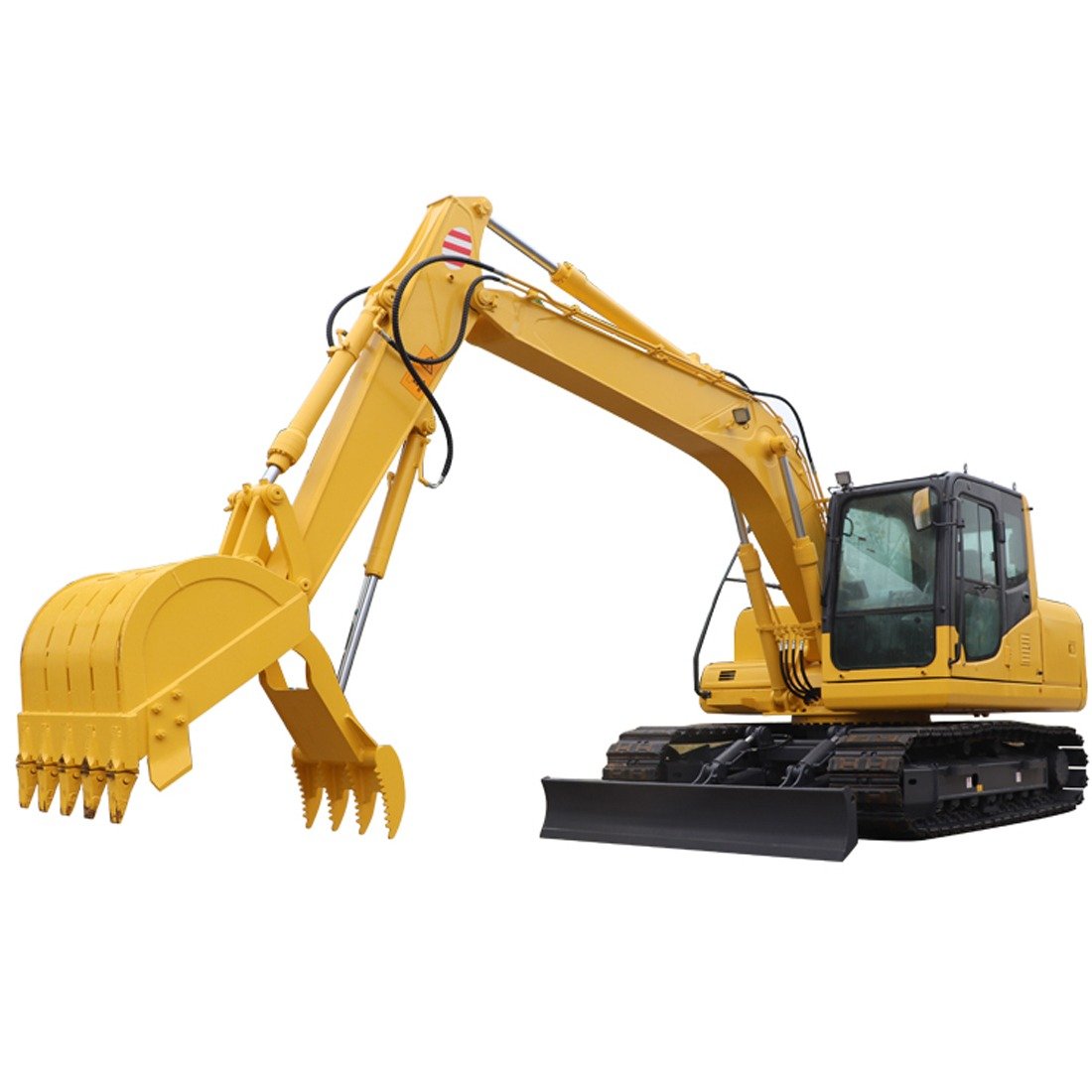When it comes to running a successful business, having the right equipment can make all the difference. This is especially true when it comes to forklifts. Whether you are in the manufacturing, warehousing, or construction industry, a forklift is an essential tool that can greatly improve efficiency and productivity.
One of the key factors in ensuring the success of your business is choosing the right forklift. There are several important considerations to keep in mind when selecting a forklift for your operations.
1. Capacity and Lift Height
The first thing to consider is the capacity and lift height that you require. Different forklifts have different weight capacities and lift heights, so it’s important to choose one that can handle your specific needs. If you frequently handle heavy loads or need to reach high shelves, you will need a forklift with a higher capacity and lift height.
2. Fuel Type
Another important consideration is the fuel type of the forklift. Forklifts can be powered by electricity, diesel, or propane. Each fuel type has its own advantages and disadvantages. Electric forklifts are more environmentally friendly and have lower operating costs, but they require charging and may not be suitable for outdoor use. Diesel forklifts are more powerful and can handle heavier loads, but they produce emissions and require regular maintenance. Propane forklifts are versatile and can be used both indoors and outdoors, but they require refueling.
3. Maneuverability
The maneuverability of the forklift is another important factor to consider. Depending on the layout of your workspace, you may need a forklift that is compact and agile to navigate tight spaces. Alternatively, if you have a large warehouse or construction site, you may need a forklift with a higher turning radius and greater stability.
4. Safety Features
Safety should always be a top priority in any workplace. When choosing a forklift, look for safety features such as seat belts, lights, alarms, and ergonomic controls. These features can help prevent accidents and ensure the well-being of your employees.
5. Cost
Lastly, consider the cost of the forklift. While it’s important to stay within your budget, remember that quality and reliability are also crucial. Investing in a high-quality forklift may initially cost more, but it can save you money in the long run by reducing downtime and maintenance costs.
Choosing the right forklift for your business can have a significant impact on your operations. By considering factors such as capacity, fuel type, maneuverability, safety features, and cost, you can make an informed decision that will benefit your business in the long term.






